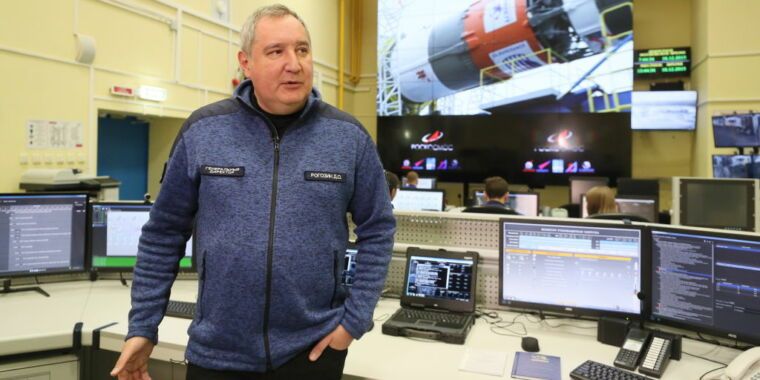BioMed Realty, a real estate development firm that specializes in life-sciences and biotech space, is taking over development of a multi-acre site in Somerville’s Assembly Square to create a “best-in-class life science office park.”
BioMed has agreed to acquire an existing office at 5 Middlesex Ave. in Somerville, as well as 7.5 acres of land for future development, from a joint venture of Novaya Real Estate Ventures and Cresset Development. The firms did not disclose terms of the agreement.
BioMed, which investment giant Blackstone acquired in 2016, has a local portfolio spanning 3.5 million square feet, including a number of properties in Cambridge, as well as facilities in Watertown and Boston’s Longwood Medical Area. Its most recent project proposal in Cambridge is for a 16-story office and lab at 585 Third St.






